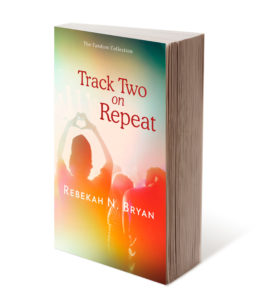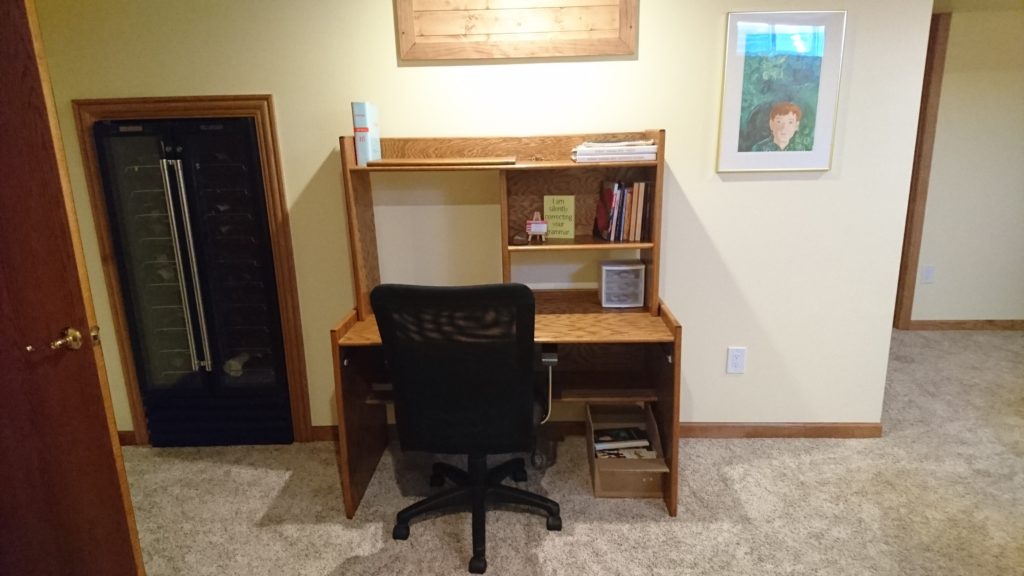This month, Amazon is celebrating self-published authors with their #PoweredByIndie campaign.
I wanted to share a little about why I decided to go the self-publishing route and what I’ve learned from my journey so far.
I first heard about Amazon’s self-publishing capabilities in about 2009 before many people were doing it. I had an idea in my head for a book, but I couldn’t bring myself to work on it, let alone finish it. On one hand, I kind of wished I had just to be one of the first. On the other hand, I learned so much in the years following that I’m sure my first attempt would’ve been a complete mess had I done it back then.
Finally in January of 2015, with the push of the NaNoWriMo challenge, I was ready to publish my first book. I toyed with the idea of submitting to literary agents in an effort to be traditionally published, but I ended up going it on my own for some of the following reasons:
- I’m incredibly impatient, and I wanted to see the results of my hard work as soon as possible.
- At the time, I felt I had a good idea of who my audience was and how to reach them. (I was only half right.)
- I felt I had enough varied talents and knew enough talented people to make a professional-looking book.
- It just sounded like fun to have my hands in every aspect of the book creation.
Full disclosure, I did submit my children’s fantasy novel to a few agents, and I probably should’ve submitted to a few hundred more. Instead, I backed off and experimented with publishing it under a pen name to differentiate it from my very different other series of books.
So what have I learned in the couple years I’ve spent book publishing?
- It absolutely is fun having full control of every aspect of the book creation process.
- Although the writing part is a solitary task, it takes a village to publish a good book. If you can do it all on your own, you’re far more talented than I. Get more than one set of eyes on your book before it’s published! Excessive typos and weird formatting are distracting for readers, and a professional-looking cover will draw more eyes after it’s published.
- It helps to surround yourself with fellow writers to give and receive support, advice, and motivation. I tend to do my best work during write-ins (usually the coffee ones as opposed to the wine ones).
- Marketing is endlessly hard, and I may just have to pay someone to help me with that…anyone?
At this point, I’ve published four books and a short story with more to come! Need an editor? I can do that, too!
Be sure support the indies by checking the featured books on the #PoweredByIndie landing page!

